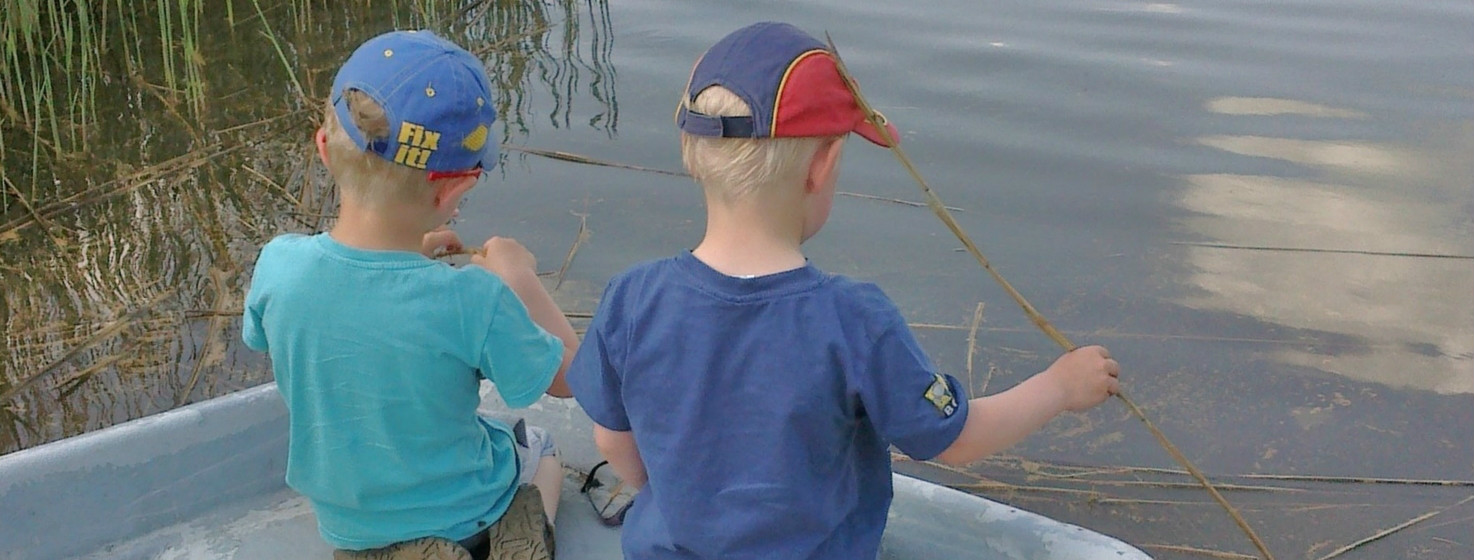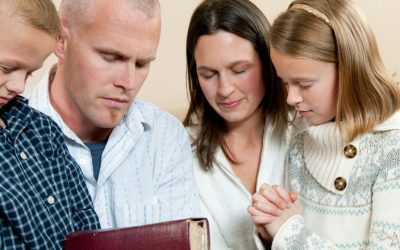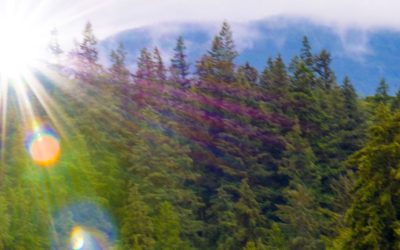According to the Stanford News, 65 countries/economies were ranked in the Program for International Student Assessment in 2009. Finland ranked high: 6th in math, 2nd in science, and 3rd in reading. In the same year, U.S. students ranked 30th, 23rd, and 17th, respectively.
Clearly, Finnish students are out-performing American ones. Is this because they are getting an earlier start?
Actually, no. Finnish children do not begin first grade until they turn 7. Many Finnish first graders begin school without any formal reading instruction at all. Yet they appear to excel beyond our students, despite our decades of HeadStart, preschool, and kindergarten. While our first grade students are usually 6, theirs are 7.
According to this article, researchers at the University of Virginia analyzed survey responses from American kindergarten teachers between 1998 and 2010. “Almost every dimension that we examined,” noted the leading researcher, “had major shifts over this period towards a heightened focus on academics, and particularly a heightened focus on literacy, and within literacy, a focus on more advanced skills than what had been taught before.”
Not so for 6-year-old Finnish kindergartners! They spend the majority of their day playing! Primarily exposed to just pre-reading, they learn through play, thus developing a love for learning. And it works!
While most Americans are scrambling to have fluent readers by age 5, homeschool parents have the freedom to teach their children differently – and to follow the example of Finland should they so choose. They can use the early years to instill a love of learning! Rather than studying butterflies, homeschooled preschoolers can observe them outdoors or in a conservatory. Rather than studying about plants, they can help care for their own. They can be taught to notice the weather, the seasons, and the length of daylight throughout the year. These are all science concepts – taught naturally through fun observation. Delaying formal academics does not mean the absence of learning! On the contrary, natural and relaxed learning has the potential to set a solid foundation for all the education to follow.
For ideas about natural learning in the early years, including ideas for individual subjects, see our article here.





Recent Comments